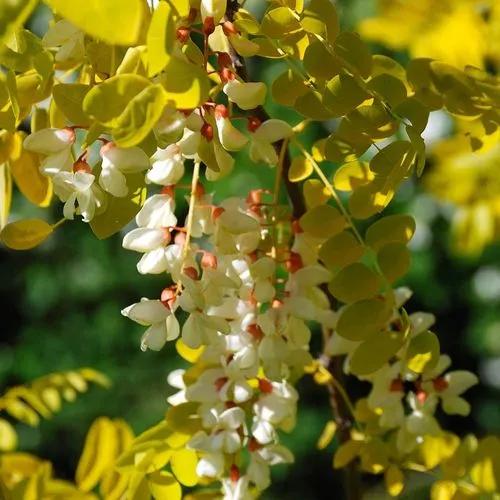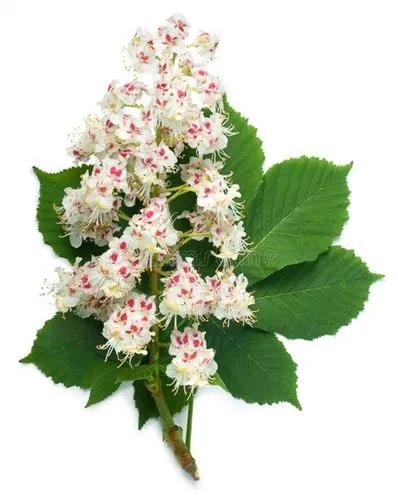Hatiora salicornioides is a species of flowering plant in the cactus family. A member of the tribe Rhipsalideae, it often grows as an epiphyte. It is native to eastern Brazil. It is sometimes grown both indoors and outdoors as an ornamental.
Dancing bones cactus Care
Hatiora salicornioides



The Hatiora salicornioides is a unique, decorative houseplant native to South America. It’s an epiphytic cactus-like Rhipsalis, which means it can grow on other plants. Common names for Hatiora salicornioides include Dancing Bones Cactus, Drunkard’s Dream, Spice Cactus and Bottle Cactus. Hatiora can reach up to 20″ inches in height. It’s a compact, bushy little plant. The contorted foliage resemble coral, as they branch out in several jointed stems. The foliage is deep green in color. The growth is also succulent, helping to retain moisture that it obtains through dew and rain, instead of soaking the water from the roots. The flowers may appear at any time during the spring, from March to May. They grow from the tips of the shoots. The small yellow flowers have no scent and aren’t very showy. They just add a splash of color to the tips of the bushy plant.
How to Care for the Plant

Water

Water the plant regularly throughout the year, allowing the soil to dry out slightly between watering. The plant doesn’t need as much water in December and January months.

Fertilizer

Fertilizer may be used throughout the year, except during the coldest part of the winter. Use a balanced fertilizer added to the water to feed the plant during watering. For best results, feed the plant every two to three weeks during the early part of spring and then once per month during the summer.

Sunlight

While the plant likes indirect light and shouldn’t receive direct sunlight when grown indoors.

Soil

The best soil for Hatiora salicornioides is a combination of sand, loam, and peat. The commercial cactus mix is also suitable. It needs to provide optimal drainage to prevent mold growth.

Temperature

Outside, this plant can be grown in the areas with the lowest winter temperature of −3.9°C (25°F). Inside, average room temperatures from 65°F/18.3°C to 75°F/23.8°C. To encourage Hatiora salicornioides to flower the following spring, keep it in cooler conditions during the winter. In December and January, avoid letting the room reach about 50°F.

Container

This plant can be grown in containers. Choose a pot with enough drainage holes.

Popularity

1,040 people already have this plant 168 people have added this plant to their wishlists
Discover more plants with the list below
Popular articles






